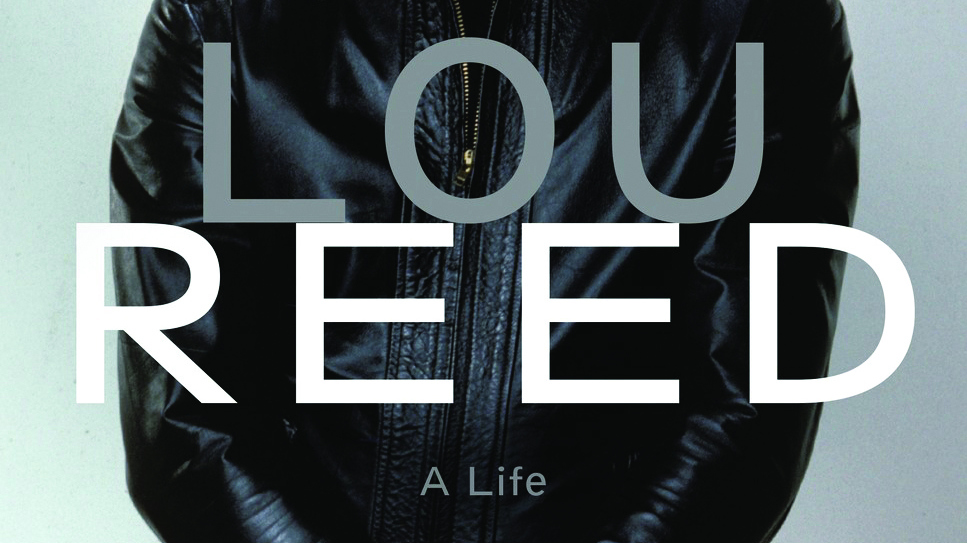Lou Reed’s life was not without its complexities and, in public image terms, inhabiting an enigma suited Lou just fine. Even before he learned media manipulation at the feet of the master(he both idolised and imitated Andy Warhol from the moment he adopted the pop art maestro as an unlikely father figure) he was customarily warping actuality to glamorise relatively humdrum beginnings. In 1952, when Reed was just 10, his family relocated from Brooklyn to Freeport, Long Island, and Lou immediately adopted ‘an air of urban swagger’. He realised his NYC beginnings could afford him street credibility in sleepy Freeport and he could be a tough kid in the eyes of his peers simply by wearing a mask of his own making.
In many ways Lou Reed was a dramatic construct. According to his sister he suffered from anxiety and panic attacks all his life, but ask Lou, and the reason he didn’t walk to school alone before the age of nine was because “if you walked the streets, you’d get killed.” And primary school? “It was like being in a concentration camp.” This, right here, is Lou. He not only wrote, but lived his own myth, he adopted a combative bad-ass facade that amused him. You’d see the suggestion of a smile playing on his lips as he constructed yet more of his legend, and eventually, he came to believe it. Anthony DeCurtis knew Lou well, and with the help of countless, excellent interviewees, gets behind the mask. An affectionate biography that surpasses the 1994 begrudgings of Bockris, here’s the definitive account.

